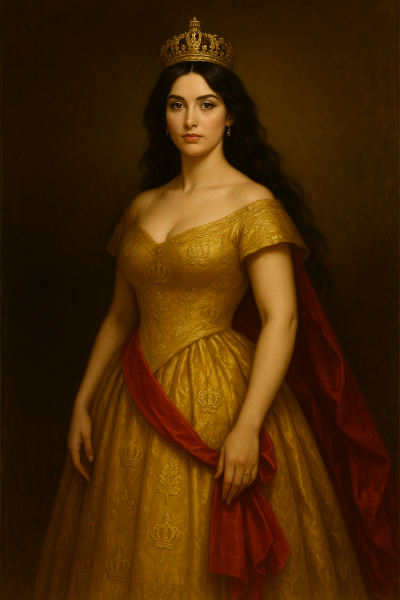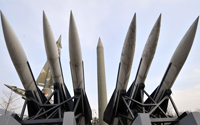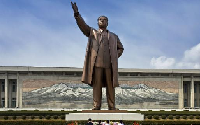The Asarcan Empire is an influential and rising power in Central Europe, renowned for its adherence to tradition, authority, and imperial ambition. Established in the mid-19th century by Emperor Wilhelm von Witzland, the empire has crafted a unique identity inspired by the German Empire's structure while maintaining its own distinct values. Asarcus is an authoritarian state, but one where the government enjoys broad public approval, driven by its commitment to strength, unity, and a sense of national pride.
Geography and Society:
The empire encompasses a wide range of landscapes, from the dense forests and mountains of the west to the fertile plains and industrial centers of the east. Its capital, Kaiserstadt Eichenburg, serves as the heart of imperial power, showcasing a mix of grand palaces, towering cathedrals, and bustling marketplaces. Society in Asarcus is hierarchical, deeply rooted in tradition, and characterized by loyalty to the Kaiser and the state. The population generally supports the government, valuing the stability and order it provides in an often turbulent world.
Politics and Governance:
The Asarcan Empire operates as a semi-constitutional monarchy, where the Kaiser holds significant authority, supported by a Chancellor and a parliament consisting of loyal aristocrats, military leaders, and industrialists. The government emphasizes discipline, unity, and adherence to tradition. However, unlike many authoritarian regimes, the media is given free rein by the Emperor to report honestly and truthfully. This openness has fostered a sense of trust between the state and its citizens, reinforcing the legitimacy of the government and its policies.
Military and Expansion:
The military is central to the Asarcan state, reflecting its commitment to both strength and tradition. The army, modeled on Prussian principles, is large, well-organized, and technologically advanced, supported by a growing navy. The empire’s expansionist policies aim to increase its security, economic wealth, and international influence, making it a rising power in Europe. Military service is considered a noble duty, instilling a strong sense of loyalty and patriotism among the populace.
Culture and Identity:
Culturally, the Asarcan Empire is steeped in tradition, celebrating its imperial heritage, historical achievements, and martial valor. The arts, music, and literature often revolve around themes of honor, courage, and loyalty to the emperor. The state's embrace of a free press, even within its authoritarian framework, allows for a vibrant cultural dialogue that respects the empire’s values while encouraging honest reflection and critique. Public ceremonies, festivals, and commemorations reinforce a shared national identity rooted in tradition and pride.
Economy:
The economy of Asarcus is dynamic and state-directed, grounded in heavy industry, mining, and advanced manufacturing. The government actively supports infrastructure development and controls key sectors to ensure economic stability and growth. A well-developed network of railways, ports, and canals facilitates trade and transport, aligning with the empire's strategic and economic objectives. Public works projects are frequent, reflecting the state's commitment to both economic strength and national unity.
The Asarcan Empire is defined by its respect for tradition, its commitment to honest governance, and its ambitions on the world stage. As it continues to rise, it balances authority with transparency, ensuring both stability and a genuine connection with its people.

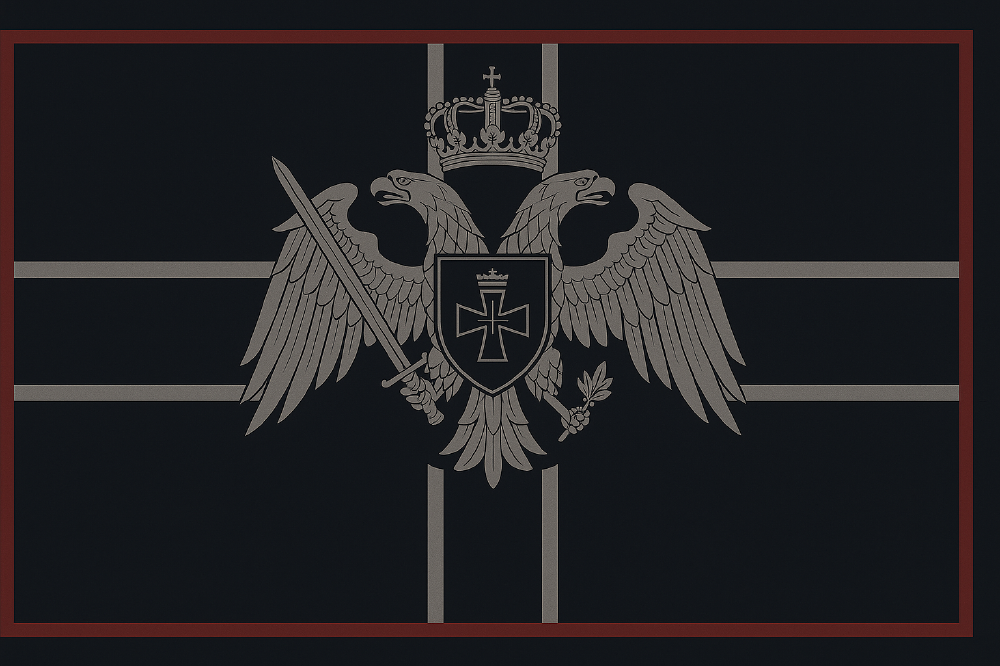







 The Beige Protection Bloc
The Beige Protection Bloc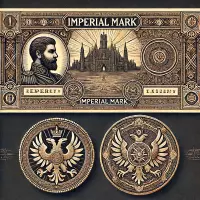 Imperial Mark
Imperial Mark  Golden eagle
Golden eagle  Soldiers:
Soldiers: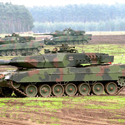 Tanks:
Tanks: Aircraft:
Aircraft: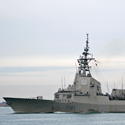 Ships:
Ships: Spies:
Spies: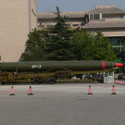 Missiles:
Missiles: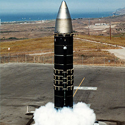 Nuclear
Weapons:
Nuclear
Weapons:
